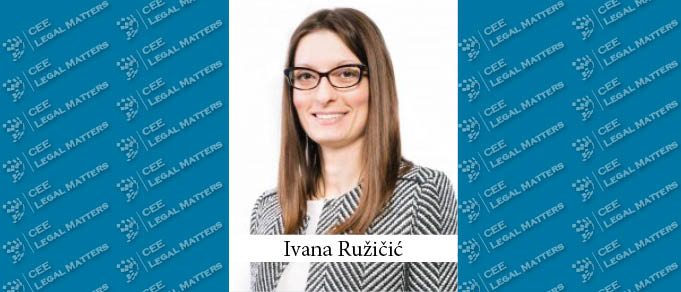With yet another election cycle impacting legislative activity in Serbia, few – but noteworthy – updates warrant attention, according to PR Legal Managing Partner Ivana Ruzicic. Notably, land conversion fees have been eliminated, potentially unlocking vast construction opportunities, while the excise tax framework is being modernized, with a centralized electronic system set to streamline processes.
“Serbia has experienced a period of political turbulence in the past few years, marked by frequent elections – and a new cycle is slotted to culminate very soon, most likely in December,” Ruzicic begins. “This has significantly impacted legislative activities, creating a pause in the passing of new laws and reforms, as political parties shift their focus to campaigning and forming governments.”
Still, there have been interesting legislative updates and Ruzicic continues by highlighting land conversion regulation updates, as one. “The elimination of conversion fees for land ownership is a noteworthy development. Before this change, the process of converting land usage rights to ownership came with substantial fees, discouraging businesses and individuals from participating. This reform opens up opportunities for investors and landowners alike, making approximately 15 million square meters available for construction,” she explains.
“This is expected to boost investments in Serbia and stimulate economic growth,” she goes on to say. However, the new law, which was passed at the beginning of August, still has its full impact to be seen, Ruzicic stresses. “It is anticipated that the law will attract new investors, stimulate construction projects, and promote economic development in the country. The Ministry of Construction is eagerly monitoring its progress to assess its effectiveness,” she says.
Moreover, Ruzicic adds that there have been important changes made to excise tax laws. “The changes in the excise taxes regulatory framework aim to modernize the system through the implementation of a centralized electronic information and communication system,” Ruzicic says. These changes will be introduced gradually, with full implementation expected by 2025. “The new system will simplify submissions and information exchange related to excise warehouses, stamps, and license renewals. Additionally, a new type of control excise stamp with a QR code will be introduced in 2025 to improve tracking and compliance, particularly for cigarette and heated tobacco products,” she explains.
Ruzicic also reports there are more legislative updates in the pipeline and highlights the purported changes to the tobacco regulation framework. “These changes, which will likely not come to pass until the election cycle ends in late December and a government is formed, will address tobacco-related products that haven't been regulated before.” Furthermore, amendments related to the labeling of tobacco products will also take effect in the near future.
Finally, Ruzicic says that the media laws will likely be on the docket to get updated as well. “These laws are quite important; we expect to see some changes after the elections are over, especially in terms of media registrations, but it remains to be seen whether the government will adopt the remarks of professional associations pertaining to a definition of journalists, and state aid – which is a very sensitive topic in Serbia in its own right.”

















